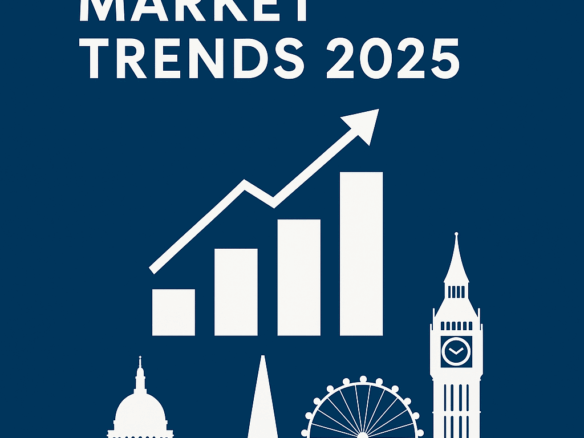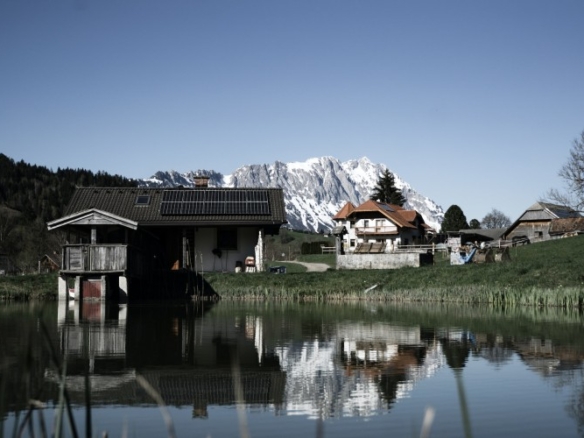Bank rate rises in the UK are looking more likely as economic indications point toward an economy that is producing higher inflation and a housing market that shows no signs of cooling down.
Rightmove property website reports that August rate rises have done nothing to slow the progress of rising UK property prices. Rightmove’s House Price Index data showed that the national average asking price for a house this month was 11.5 per cent higher than the same period last year.
London Evening Standard newspaper reports that Hometrack the UK house price monitor shows that the value of homes in the capital went up by an average of £2500 in the month from august 06 to September 06 Supply and demand factors appear to be fuelling the housing market strong growth.
The continued imbalance between supply and demand in the UK housing market seem to be a significant factor in house price rises
Retail Price Inflation is at an eight-year high increasing to 3.6 per cent, from 3.4 per cent a month earlier. Economists attribute the rise to the increases in seasonal food, furniture and clothing on the high street and tuition costs.
The Bank of England’s monetary policy committee which sets interest rates each month to prevent inflation spiralling above the 2% mark, is said to be concerned about the current levels.
The slightly lower September rate is unlikely to deter the MPC from raising interest rates in November from 4.75% to 5%.
The Bank of England, which is due to publish the minutes of the latest Monetary Policy Committee meeting on rates tomorrow, is widely expected to lift the cost of borrowing by a quarter percentage point, to 5 per cent, next month.
Paul Dales, an economist at Capital Economics, said: “A November rate hike to 5% has looked likely for some time but the rise in core inflation could prove to be the final nail in the coffin.”
James Knightley, an economist with ING Bank, said: “With growth firm and inflation above target, this report is consistent with the Bank of England raising interest rates in November.
If inflation rises above 3%, Bank of England governor Mervyn King would have to write an explanatory letter to the government for the first time since the Bank was given control of interest rates in 1997.
sets interest rates each month to prevent inflation spiralling above the 2% mark, and it is thought to be extremely concerned about the current level.
Paul Dales, an economist at Capital Economics, said: “A November rate hike to 5% has looked likely for some time but the rise in core inflation could prove to be the final nail in the coffin.”



